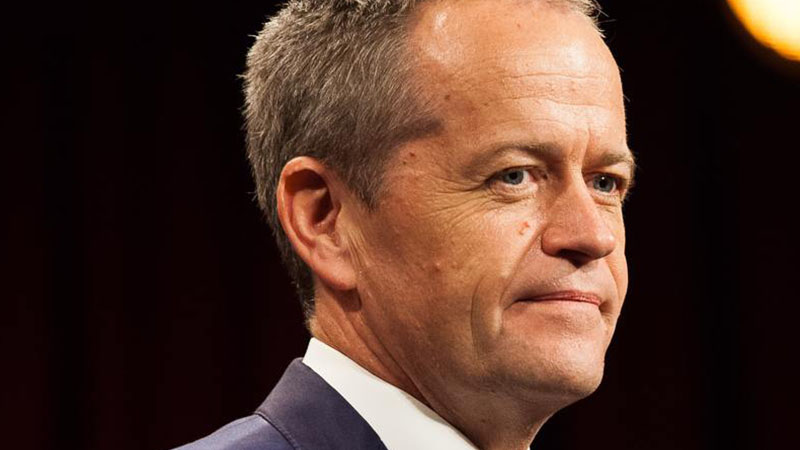Grandfathering under Labor’s LRBA ban ‘unpredictable’, SMSFs warned
If Labor wins the election and legislates its ban on SMSF loans, it may be difficult to determine which related-party loans will be grandfathered under its policy, with the definition of when a loan has commenced unclear, says an industry lawyer.
In April 2017, Labor announced that, as part of its plan for housing affordability, it would “restore the general ban on direct borrowing by superannuation funds, as recommended by the 2014 Financial Systems Inquiry”.
Joseph Cheung from DBA Lawyers said there is no clear guidance from the Superannuation Industry (Supervision) Act 1993 on when a limited recourse borrowing arrangement (LRBA) involving a related-party lender comes into existence, which could make it difficult to determine whether a loan would be grandfathered should Labor win the election and legislate the banning of LRBAs.
Mr Cheung explained that there are many possible events that might be considered as essential to the commencement of an LRBA, including:
- The signing of the purchase contract
- The payment of the deposit
- The execution of the bare trust deed
- The execution of any supplementary deed
- The signing of a loan contract with the lender
- The drawdown of the loan and the settlement of the property
“Section 67A of the SISA contains the exception to the general prohibition on SMSF borrowing money. Taking a conservative view, all the criteria in section 67A need to be satisfied in order to state with 100 per cent certainty that a an LRBA exists,” he explained.
“For completeness, if there is an intention to rely on PCG 2016/5, all the criteria in PCG 2016/5 will also need to be satisfied.”
However, in the context of in-house assets, the ATO has expressly acknowledged there may be periods of time at the beginning of an LRBA where the bare trust does not yet hold the asset even though one or more borrowings have begun, he said.
“Naturally, this is the ATO’s view only and may not necessarily reflect the legislators’ views,” he said.
Mr Cheung said that the wording used in any proposed legislation will be most determinative of whether an LRBA is subject to grandfathering relief.
Treasury Laws Amendment (2018 Superannuation Measures No. 1) Bill 2018, which contained the total superannuation balance measure for related-party LRBAs, referred to borrowings that arise under contracts entered into on or after a certain date, he said.
“The reference to the date of a contract is more specific than referring to the date that an LRBA commenced,” he said.
“In respect of the previous changes in 2010, the main view was that an arrangement came into existence when the loan contract with the lender was signed. Both of these examples suggest that the date of the loan contract, rather than the date of the purchase contract, is more influential.”
This means that clients who are purchasing property with long lead times, such as off-the-plan purchases, need to prepare carefully in light of Labor’s proposal to ban LBRAs, he cautioned.
"In particular, the potential risk with off-the-plan purchases and extended settlements is that SMSFs may have commitments without being able to borrow," he explained.
“Practically, we cannot predict how grandfathering will be legislated. Conservatively, clients who wish to proceed with an LRBA prior to the election should do their best to satisfy all the criteria in SISA section 67A prior to the election to protect their ability for any potential grandfathering.”

Miranda Brownlee
Miranda Brownlee is the deputy editor of SMSF Adviser, which is the leading source of news, strategy and educational content for professionals working in the SMSF sector.
Since joining the team in 2014, Miranda has been responsible for breaking some of the biggest superannuation stories in Australia, and has reported extensively on technical strategy and legislative updates.
Miranda also has broad business and financial services reporting experience, having written for titles including Investor Daily, ifa and Accountants Daily.








